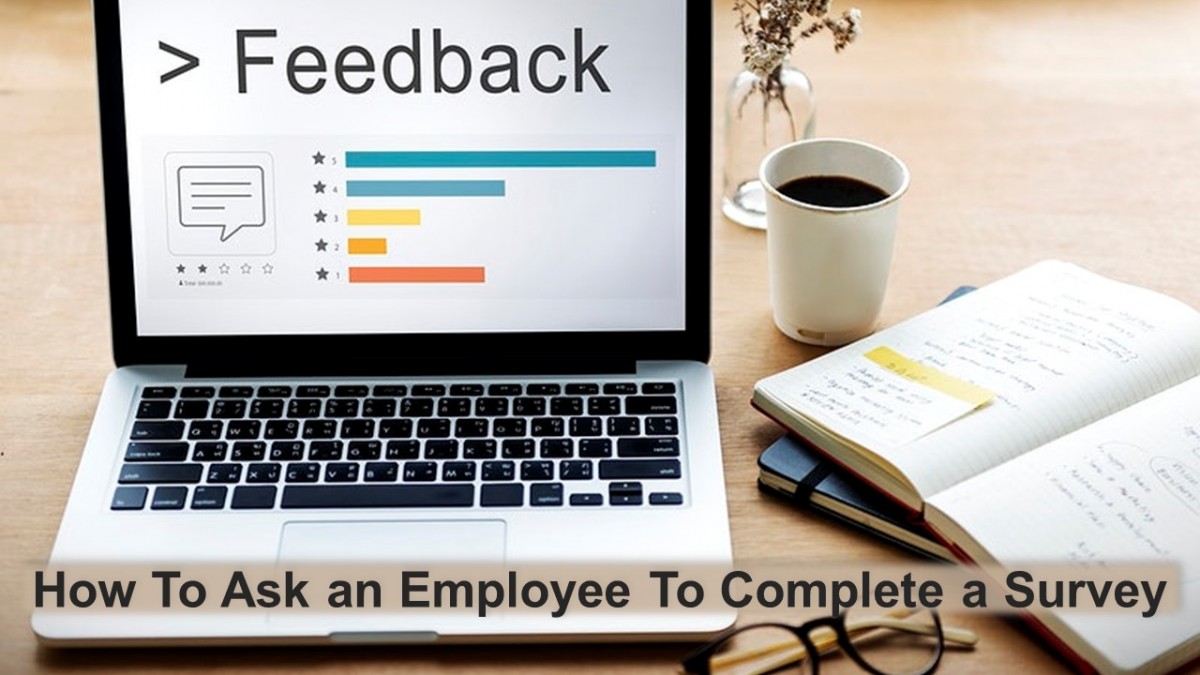How KPIs Help In Employee Engagement

KPIs help in employee engagement by providing accurate and useful data to measure employee engagement levels, as well as helping to determine how well inclusion and diversity efforts are working and identifying causes of high rates of turnover and absenteeism. Active employee engagement KPIs help organizations determine whether their employee engagement efforts are succeeding or not.
How To Ask an Employee To Complete a Survey

When you ask an employee to complete a survey, communicate the goal and value of the survey beforehand, keep the survey brief, ask relevant questions, and include a deadline. Ensure that responses will be kept anonymous so that employees feel comfortable answering honestly, without fear of retaliation.
The Advantages of Employee Engagement

The advantages of employee engagement include improved retention, performance, and customer service, all of which boost profitability. Because engaged employees believe in the work they are doing, engagement also improves their overall job satisfaction and leads to better employee well-being.
How To Praise Someone Professionally (6 Tips)

Whether through words or actions, praising employees boosts team morale, increases employee retention and loyalty, and improves performance. How do you praise someone professionally? Here are six tips leaders can follow when praising employees professionally.